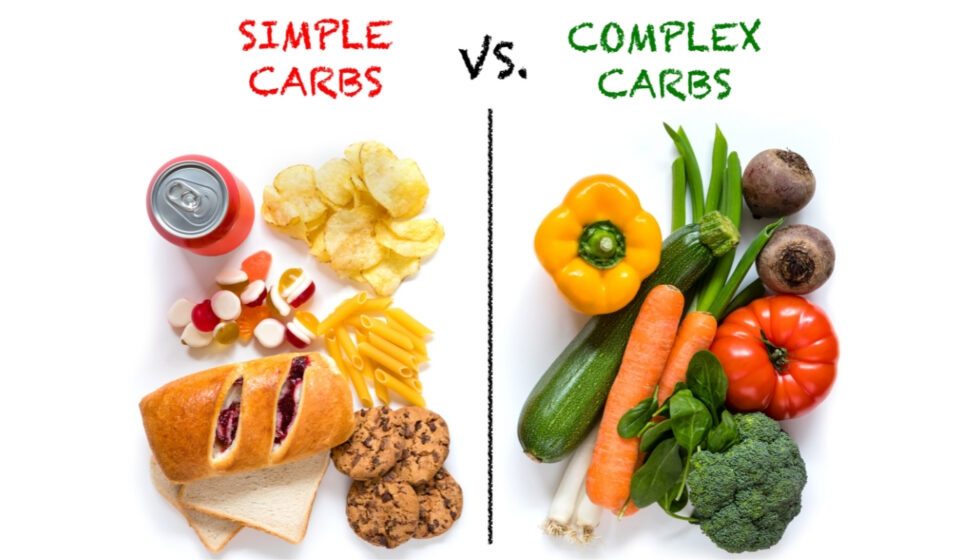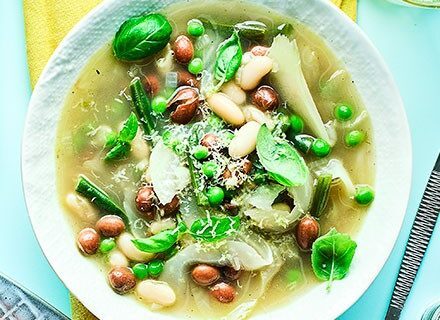
Should Menopausal Women Cut Carbs?
High carb. Low carb. No carb.
Women in menopause get a whole lot of mixed messages.
Let’s cut through the confusion.
Hang around certain corners of the internet long enough and you’ll become convinced that carbohydrates are the devil incarnate.
Truth is active menopausal women perform best when they’re well fueled and that includes carbohydrates, which are a primary fuel source for exercise (especially higher intensity efforts) and the preferred fuel source for our brain. Carbs improve performance, delay fatigue, and are good for our moods and mental health.
If you eliminate or restrict them too much, you are going to miss out on important fibre, antioxidants, anti-inflammatories, and phytonutrients that you need as an active woman and you’re probably going to be tired all the time and maybe more depressed.
Carb restriction also elevates your stress levels and increases your risk of iron deficiency and anemia.
Cutting out carbs may also be detrimental to bone health (which is something menopausal women should not mess with). Researchers have found that with a HFLC (high fat low carb) diet markers of bone resorption increased and markers of bone formation decreased, and those markers didn’t completely bounce back after resuming a higher carb intake.
Cutting out carbs doesn’t make any more sense today than cutting out fat did in the 1990s. There’s a reason that there are three macronutrients. We need them all. Generally speaking, moderately active women need 3 grams of carbs per kilogram of body weight.
Okay, but aren’t carbs bad for menopausal women?
Active, performance minded women still need carbs. We just do better metabolically if we dress them up and time them well. That’s because the hormonal and metabolic changes that happen during this time can make us become more carbohydrate sensitive and insulin resistant.
A recent study of 1,002 women published as pre-print in The Lancet (which means it has not yet been peer reviewed) found that postmenopausal women had higher fasting glucose, HbA1c (a meausure of average blood sugar levels over the past 90 days), and inflammation than premenopausal women (this was true even if they were the same age). They also consumed more sugar and had poorer sleep and their blood sugar and insulin responses were higher after eating than their premenopausal peers. The researchers concluded that diet and gut microbiome changes could help resolve some of these issues.
The good news is that what you eat may partially reduce the unfavorable health impacts of menopause, either directly by reducing inflammation and blood sugar spikes or indirectly by altering the microbiome to a more favourable composition.
What do those modifications look like? They look very similar to the general dietary advice that’s good for everyone: emphasize whole foods and go easy on super refined carbohydrates.
Carbohydrates that come from nature that human beings have been eating forever—whole fruits and vegetables and whole grains—are quality foods!
When you take a carbohydrate whole food and you process it into something else, you often end up stripping out a lot of health benefits and so then they become carbs for fun or treats – like cake and chocolate biscuits.
To be clear, postmenopausal women can still eat carbs that are just for fun. Fun carbs are great for celebrations just not every day.
Smart Carb Strategies
Quite simply to help offset the increased carbohydrate sensitivity that can happen during this time.
- Eat carbs around your busy times in the day. Especially the breads and pastas, within a window of exercise times. When you are physically active, you’re producing proteins called glucose transporters inside your cells. They partner with insulin to regulate your blood sugar. So, exercise makes it easier to manage your blood sugar in the hours after you eat. It’s the most natural thing you can do to make insulin more able to unlock your cells.
- Pair your carbs with protein and/or fat. Eating carbs with other macronutrients helps reduce the glycemic response. This also helps you avoid “carb stacking.” Many women will layer three or four carbs on top of each other at one sitting, and there’s no protein to slow digestion, so they end up spiking and crashing. Add protein with your carbs at every meal, especially breakfast to start the day off with steady energy.
- Aim for at least 25-30g of fibre. Fibre literally feeds gut health by nourishing those essential microbes. Eat at least 25 grams of fibre a day. Fibre also prevents those blood sugar spikes. Finally, eating more fibre means eating more plant-based foods, which research shows can dramatically improve menopause symptoms. Just remember that because fiber slows digestion, you don’t want to load up right before a hard workout or a run.
- Heed your hunger. Restriction often leads to bingeing. That’s because gram per gram, your brain burns twice the carbohydrates of your muscles. You can’t expect to have great control over your impulses when you’re starving. If you’re restricting carbohydrates all day and ignoring your hunger, your brain is going to make demands.



